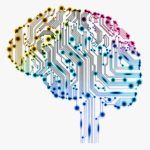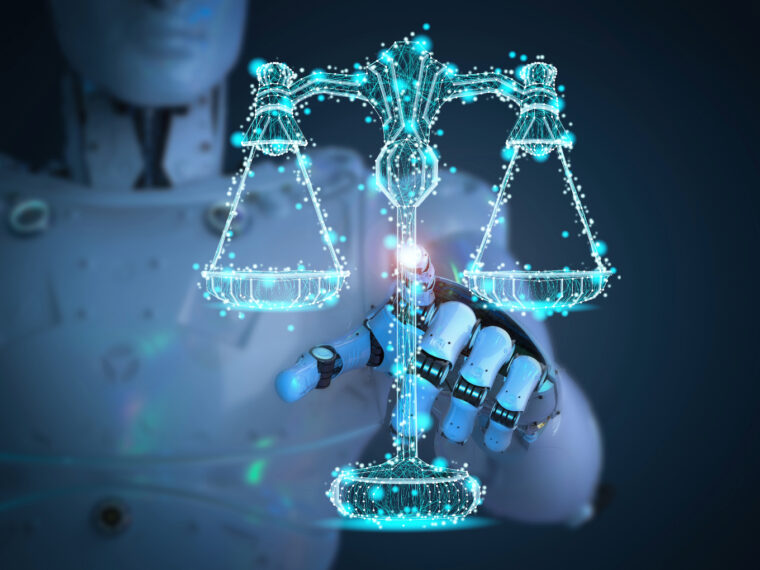With the tremendous advances in how AI/ML technologies are being deployed, one of the most exciting, controversial, and rapidly evolving advances relates to human voice. One particular example jumps out as encapsulating the complex of issues and emotions tied to AI-powered voices.
Last summer, AI technology was used to give voice to some of the late Anthony Bourdain’s writings, words that he never spoke or read aloud but were nevertheless his; voice cloning technology brought the text to life in Roadrunner: A Film About Anthony Bourdain. Some in the audience felt duped that it wasn’t really Bourdain, others thought the move was a misstep as Bourdain was not alive to give permission to manipulate his voice in such a way, while many felt it was simply a creative storytelling device.
The Bourdain example highlights two key issues that will rise to the forefront of how AI-based voice technologies will be used in the future. On one hand, there are questions about who has ownership of a voice, and therefore control over how it might be used now and in the future. On the other is the ethical issue: is it morally right to allow someone’s voice to be used in the public domain after his or her death when he or she has no control over how it will be used or what is said?
https://veille-cyber.com/the-future-of-healthcare-is-dependent-on-securing-ai-powered-medical-devices/
Mots-clés : cybersécurité, sécurité informatique, protection des données, menaces cybernétiques, veille cyber, analyse de vulnérabilités, sécurité des réseaux, cyberattaques, conformité RGPD, NIS2, DORA, PCIDSS, DEVSECOPS, eSANTE, intelligence artificielle, IA en cybersécurité, apprentissage automatique, deep learning, algorithmes de sécurité, détection des anomalies, systèmes intelligents, automatisation de la sécurité, IA pour la prévention des cyberattaques.






